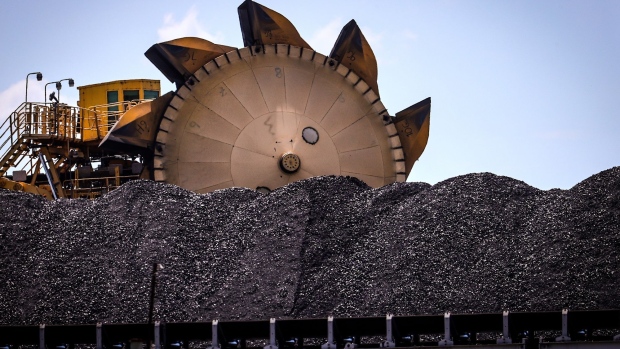Aug 23, 2022
RBA’s Kearns Warns Climate Change Set to Impact Financial System
, Bloomberg News

(Bloomberg) -- A senior Reserve Bank of Australia official said climate change is likely to have a “significant impact” on the economy’s structure with implications for the stability of the nation’s financial system.
“Climate change can significantly affect the prices of assets if it reduces future cash flows and makes them more volatile,” the RBA’s head of domestic markets Jonathan Kearns said in Sydney Wednesday.
It can also “affect the ability of households and businesses to meet their repayments because of the impact it can have on their incomes,” he said in a speech. Kearns warned that if financial institutions “mismanage their climate risks, they are also exposed to liability risk.”
Australian governments have struggled to formulate a lasting climate change policy response as they failed to strike a balance between the interests of mining and energy firms and the green power opportunities of a country with vast solar, wind and other natural advantages. That’s seen a decade of limited action.
Newly elected Prime Minister Anthony Albanese, aiming to put an end to the so-called climate wars, has vowed to cut emissions by 43% of 2005 levels by 2030. In doing so, he’s also trying to rebuild Australia’s international reputation following widespread criticism of its failure to act on the issue.
A renewed sense of urgency is also being driven by increasing numbers of climate-related weather events. Australia, the world’s driest inhabited continent, was scorched by wildfires in 2019-20 and now the country’s eastern coast has been repeatedly inundated with heavy rains and flooding.
Kearns said in his address that Australia’s lenders have conducted scenario analysis of their climate risks with the nation’s banking regulator expected to release the results later this year. The event Kearns spoke at today is closed to the media and as a result there will be no public Q&A session.
©2022 Bloomberg L.P.






